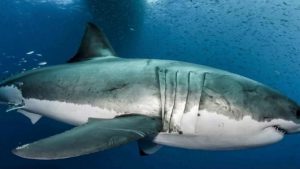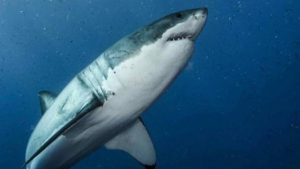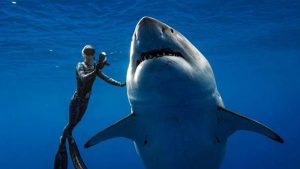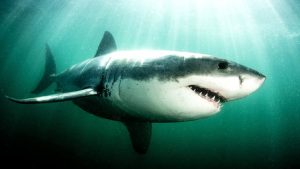The number of Great White Sharks along the Mossel Bay coast on the Garden Route are dwindling due to attacks by killer whales.
Two weeks ago, a Great White Shark carcass washed up at the Hartenbos River Mouth. Director of the local Shark Research Unit, Nico Booyens, says it was the victim of an Orca attack.
He says that killer whales eat shark livers for its nutrient and fat content. Booyens says Orca attacks are a natural phenomenon and do not need any human intervention. The latest, was the third witnessed attack in the past couple of years in the Hartenbos area.
Booyens says with the help of drones it has become easier to witness these attacks.
“It’s not something new that orcas are in fact hunting other sharks, it’s just very sad due to the fact that great white sharks are already endangered. Great whites face so many threats, whether its global warming, habitat loss, threats directly from fishermen, but now to have Orcas predate on them, it’s quite sad to see the numbers might be affected in the future.”
Kate Malloy from the Shark Research Unit explains what genome analysis on the Great White Sharks has revealed.
“They found that a large percentage of the muscle tissue of the great white sharks contain genome types from the smaller sharks which is very interesting. Even the other day when we were fishing off the boat one of our other interns caught a little spotted gully shark on her line and then a massive great white shark came and ate it right in front of us. We mainly thought that they ate the seals form the island. So it’s very interesting to see the different diets they are capable of.”






